Besides being used for visual appreciation, collection or investment, more and more works or brands of art have been commercialized through licensing in recent years, and the market potential is considerable. Priscilla Wong, Founder and Managing Director of Long Wise Inc Limited (Long Wise), believes that art licensing is not only full of potential for development, but also integrates art into daily life and contributes significantly to the popularization of art.
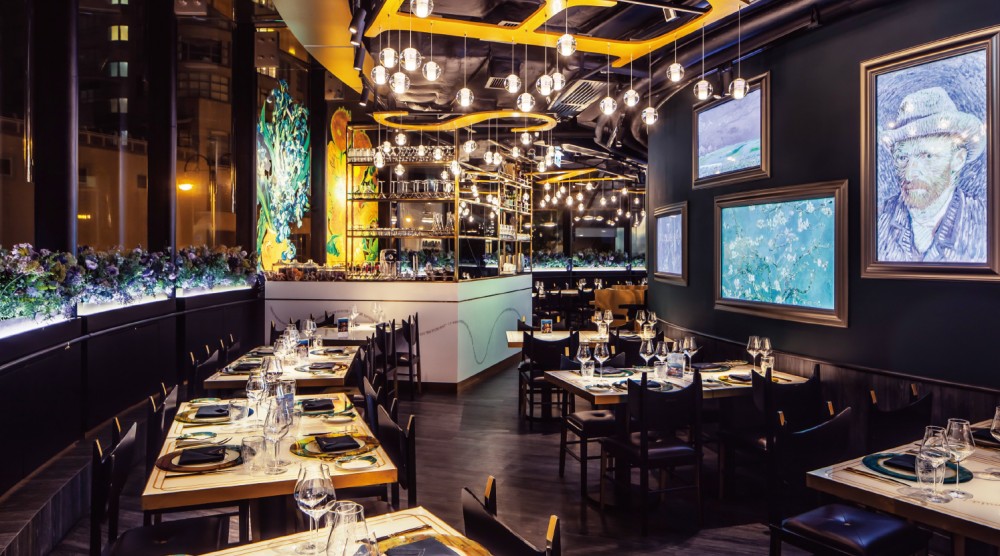
For most people, art licensing is still quite an unfamiliar term. However, as early as 20 years ago, Wong foresaw the opportunity and took an early leap into this blue ocean because she was convinced that the rise of the art market was inevitable, as seen from the experience of advanced countries such as Europe, the US and Japan.
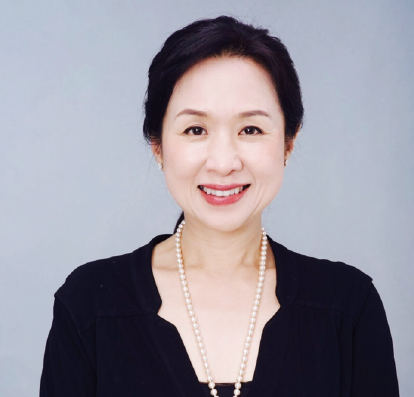
She explained: “When society becomes more affluent, people will pursue the enrichment and advancement of the mind through art. When the Mainland economy took off in the 1990s, I became aware of the demand for luxury goods in the Mainland, and then foresaw that the next stage had to be the demand for works of art.”
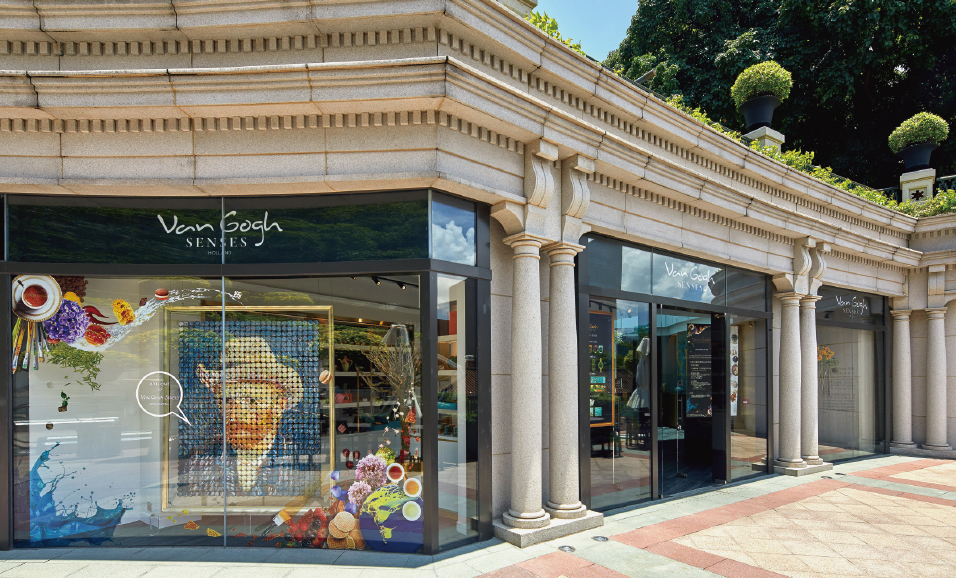
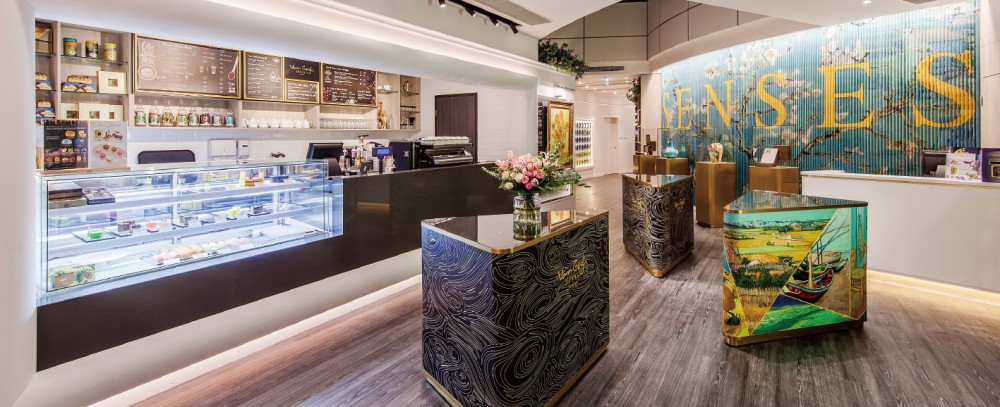
Wong began acting as an agent for selling luxury brands in 1992 and launched an art licensing business in the following year. With a forward-looking vision, appropriate development and determined spirit, she persevered for more than 20 years. In the last two or three years, Long Wise launched many successful and eye-catching art licensing projects, the most talked about of which must be Van Gogh SENSES, which opened at 1881 Tsim Sha Tsui in 2017.
Integrating art into life
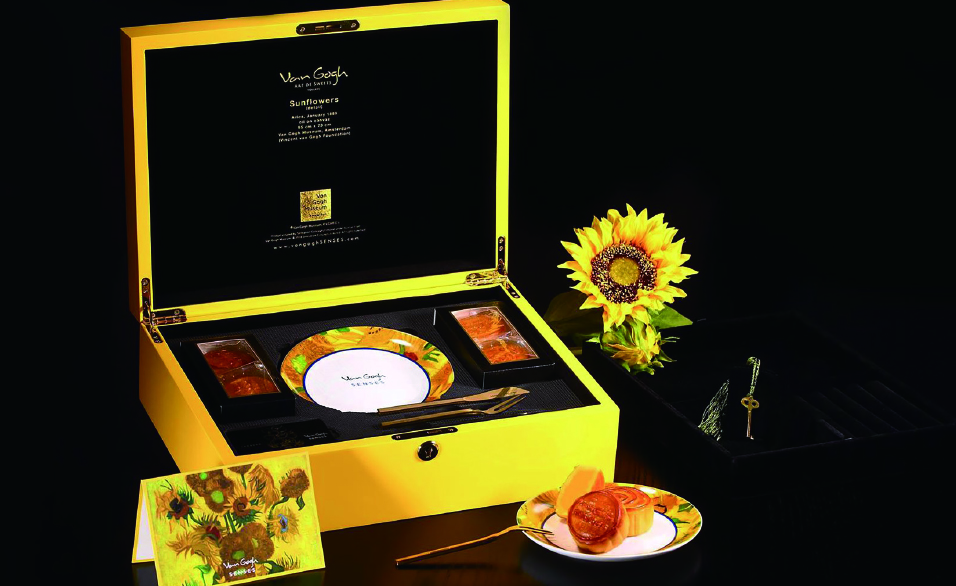 Besides operating restaurants and gift shops in Hong Kong, Van Gogh SENSES has set up restaurants, floral art boutiques and cafes in the Mainland, which are popular among many young people, internet celebrities and stars. In Wong’s view, the reason for the success of the project is ultimately the integration of art and life, which enables consumers to get close to art in their daily lives so that works of art are not merely exhibits in museums and art galleries.
Besides operating restaurants and gift shops in Hong Kong, Van Gogh SENSES has set up restaurants, floral art boutiques and cafes in the Mainland, which are popular among many young people, internet celebrities and stars. In Wong’s view, the reason for the success of the project is ultimately the integration of art and life, which enables consumers to get close to art in their daily lives so that works of art are not merely exhibits in museums and art galleries.
Wong is certain that artists want their works to be appreciated by the general public, rather than by just a small group of people if they are only displayed in museums or part of an art collection. “For art to reach a wide audience, works of art must get out of art galleries and integrate into life.” She noted that art licensing is a good way to expose the general public to art in their daily lives.
In the past, art galleries would launch some products or mementoes, but often they were stuck at printing works of art on the products. However, Wong pointed out that works of art can be presented in different ways through art licensing. In addition to themed restaurants such as Van Gogh SENSES, they can be transformed into books, educational activities, painting competitions, exhibitions and hotel projects to bring them into the lives of the general public. “Apart from presentation in material form, art is more important in terms of spiritual level, so art licensing has a broader penetration.”
Mainland market has more potential
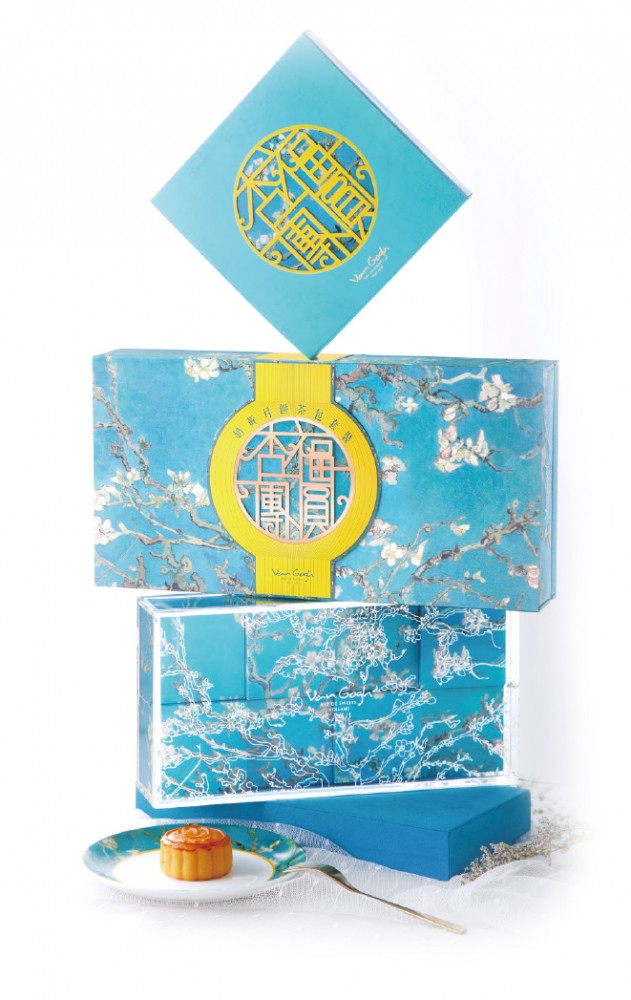 Wong believes that now is a good time to push for artistic licensing: “There is now a tendency where products sell better and are more popular if they are related to art. Moreover, the art licensing market is just getting started, so there is still a lot of room for development.” She also shared her experiences and learnings: “When discussing licensing with art galleries, commercial value is not their top priority as many of them are state-owned. How the licensed project will enable the public understand art better and be more aware of the country’s cultural heritage is a more important consideration.”
Wong believes that now is a good time to push for artistic licensing: “There is now a tendency where products sell better and are more popular if they are related to art. Moreover, the art licensing market is just getting started, so there is still a lot of room for development.” She also shared her experiences and learnings: “When discussing licensing with art galleries, commercial value is not their top priority as many of them are state-owned. How the licensed project will enable the public understand art better and be more aware of the country’s cultural heritage is a more important consideration.”
Wong said that Hong Kong is not the best market for development. Instead, the Mainland or Taiwan have more potential. She explained that the Hong Kong market is not only small, but its sales pipeline is also monopolized by mainstream real estate developers who adopt a conservative stance on some new brands and projects. She added, however, that Hong Kong, as a metropolitan city, has a good urban image and continues to have an edge in the development of artistic licensing.
In contrast, the Mainland has a huge market and people are more receptive to new stuff. Besides, sales channels are diversified and not limited to sales outlets. Therefore, Long Wise’s art licensing projects are mostly based in the Mainland. She added further that Mainland consumers are curious about art, e.g. the Art Basel in Hong Kong attracts many Mainlanders every year, reflecting their great desire for art and culture. Long Wise plans to bring overseas exhibitions to the Mainland in the future and present them digitally and in an interactive manner to the audience.




